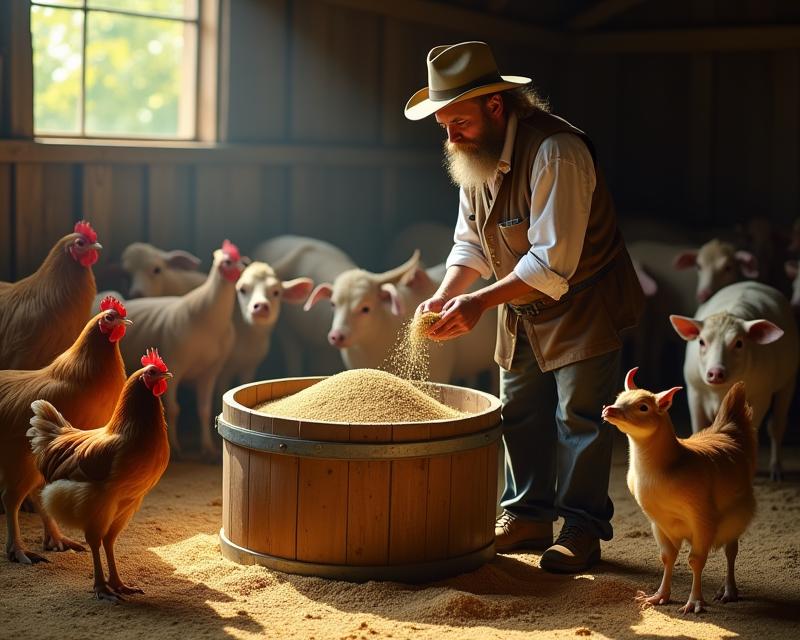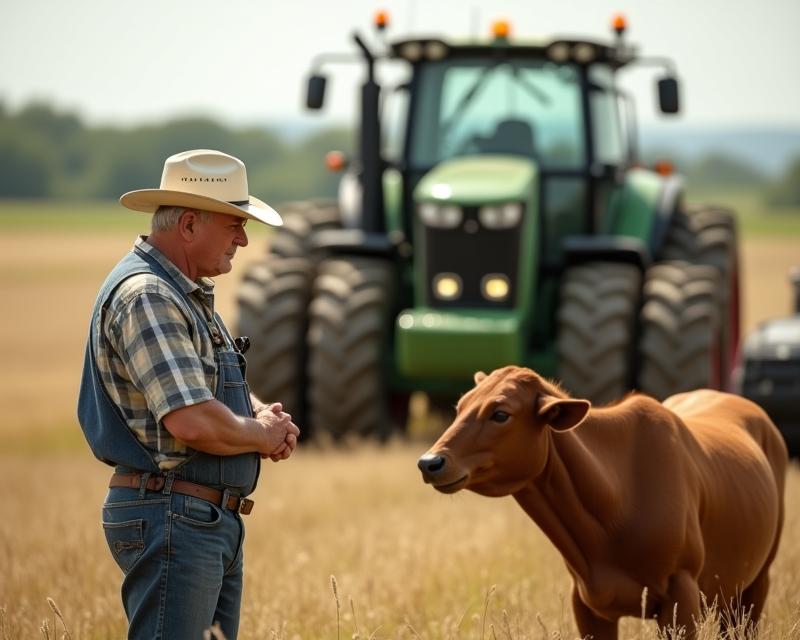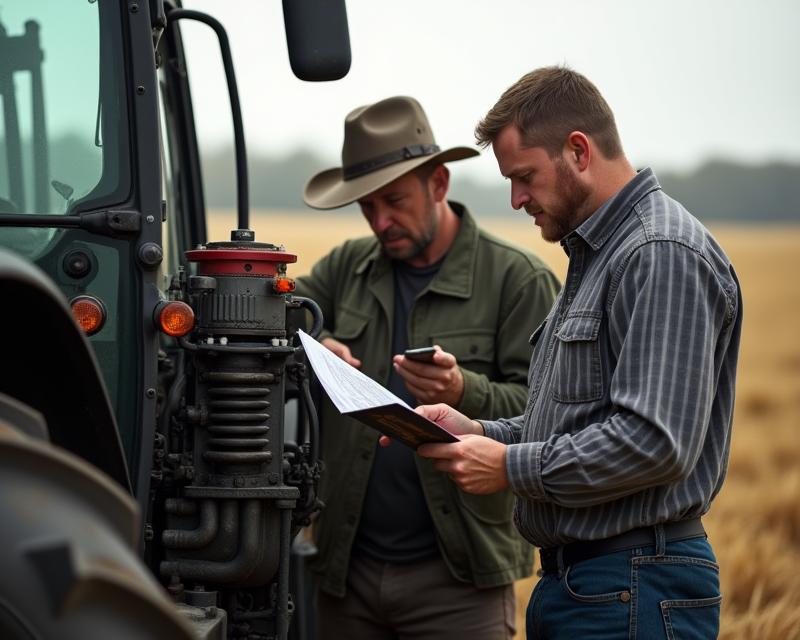Trade Disruptions: Plan for the Unexpected
Publish in Farm Business el 06/07/2025 17:52
Crisis Management Plans: Navigating Trade Disruptions
As farmers, gardeners, and ranchers, we rely on consistent markets and reliable trade routes to succeed. But the world isn't always predictable. Sudden trade disruptions – whether due to political events, natural disasters, or global health crises – can throw our livelihoods into chaos. That's why developing a crisis management plan is a smart move, not just a good one. It’s about being prepared to weather the storm and protect your farm's future.

What Could Go Wrong?
Trade disruptions can take many forms. Imagine a sudden tariff on your key export crop, a port closure due to a hurricane, or a change in import regulations affecting your livestock feed. These events can lead to price drops, difficulty finding buyers, and even spoilage of your products. The impact can be devastating, especially for smaller operations with limited financial reserves. Understanding potential risks is the first step in building resilience.
Building Your Plan: Key Steps
- Diversify Your Markets: Don't put all your eggs in one basket! Explore alternative markets, both domestic and international. Research new buyers and build relationships with them.
- Inventory Management: Avoid overstocking perishable goods. Implement strategies for managing inventory effectively, including storage solutions and potential for processing or value-added products.
- Financial Planning: Maintain a healthy cash reserve to cushion the impact of unexpected events. Consider crop insurance and other risk management tools.
- Communication is Key: Establish clear communication channels with your suppliers, customers, and local agricultural organizations. Stay informed about potential threats and share information with your network.
- Contingency Production Plans: Have backup plans for what to grow or raise if your primary market is affected. This might involve shifting to a different crop or livestock type.
Staying Ahead of the Curve
Crisis management isn't a one-time task. It's an ongoing process of assessment, planning, and adaptation. Regularly review your plan, update your contacts, and stay informed about changes in trade policies and global events. By proactively preparing for the unexpected, you can significantly increase your farm's ability to withstand trade disruptions and thrive in a constantly evolving world. Remember, a little planning goes a long way in protecting your investment and ensuring the long-term sustainability of your farm.





